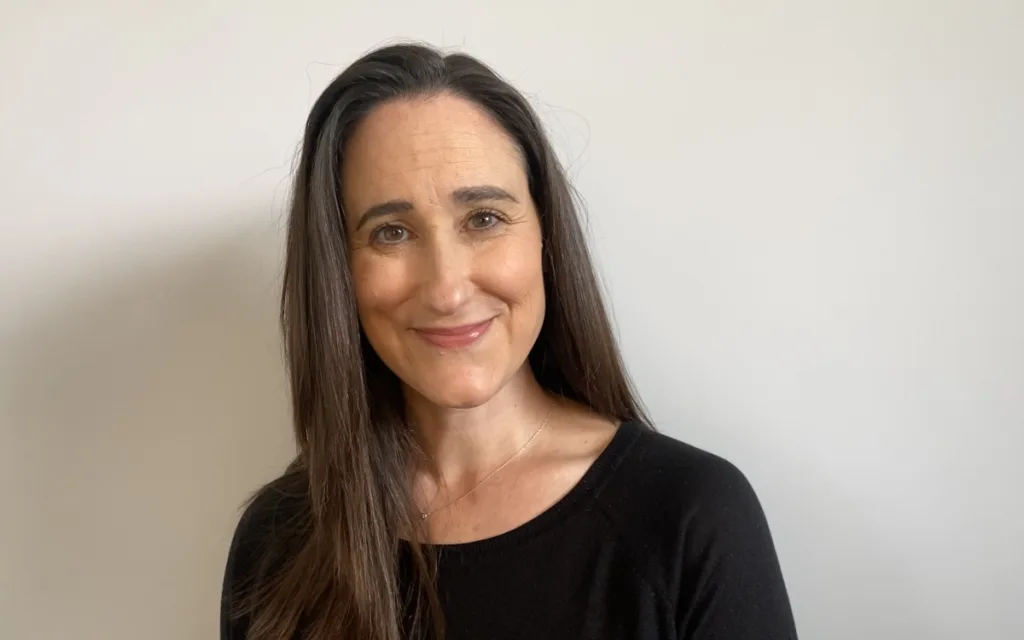The Women in Technology series, in partnership with dentsu, explores the challenges and opportunities facing women working within tech and digital media. In this article, we speak to Beth Freedman, Chief Executive Officer at dentsu X.
What more can women do to support each other at work?
The number one thing we can do as women to support other women in the workplace is not to see each other’s achievements negatively; instead see them as a positive step for all of us.
Earlier in my career, I had a role which meant managing a woman significantly older than me. She saw my appointment as an insult and believed my trajectory hadn’t been hard enough, that I hadn’t faced the same challenges she did. She was closed-minded to my previous achievements that validated my capability, and did not care that I had earned my position through hard work and strong results.
This turned into disruptive behaviour, creating a hostile workplace which impacted our delivery of client work and inhibited the entire team’s success in the process. This was a choice on her part, and having experienced the impact of that choice, it’s one I promised myself to never, ever make. We’re all human and by nature, we are emotional creatures. Feelings of envy or frustration are bound to happen at work. But it’s up to each of us to choose to turn that negative energy into positive personal ambition, as opposed to using it to diminish someone else.
I’ve found that one of the best ways to promote positive behaviour and allyship is to get involved in your company’s employee networks. At dentsu, our ONE Network is a great resource for men and women who want to create a more inclusive, positive and gender-equal workplace – I’m proud to have men and women from the dX team sitting on that group’s steerco!
How can men be better allies in supporting female colleagues at work?
I’m massively excited by the concept of reverse mentoring in this space. At dentsu, a younger person is paired with a more senior person in the organisation to create more inter-generational understanding, respect, and even innovation.
However, in hopes of supporting a stronger level of allyship amongst men, organisations like Bloom have created a more peer-to-peer mentorship programme, putting same or near-same level male and female professionals into mentoring relationships. This creates a safe space to discuss everything from one’s own potential unconscious bias to how to engage with female team members around sensitive topics such as fertility, menopause and the like.
I’d love to see men proactively asking for this type of mentorship and guidance, whether from their organisations or just from women that they admire and work with.
What does the industry need to do to attract the next generation of female talent?
It starts far before women are looking for jobs. We must ensure that there are strong STEM programmes in place in all schools, and that young women are actively encouraged to participate in them and supported to succeed.
This will significantly impact the pipeline of female and diverse talent in technology jobs. But we also must ensure that our workplace policies support a female workforce throughout their lifetime – from fertility treatment, maternity leave, and adoption to menopause and carer support. Equally important here is to ensure these policies support partners.
Behind many women are men and women who enable their ability to succeed professionally because they take on or share the responsibilities at home. I’m really proud of the work dentsu have done in the past year to update or create policies in this space so that our team not only have the support they want and need, but see us normalising discussion of topics like mental health, fertility, menopause and parental leave.











